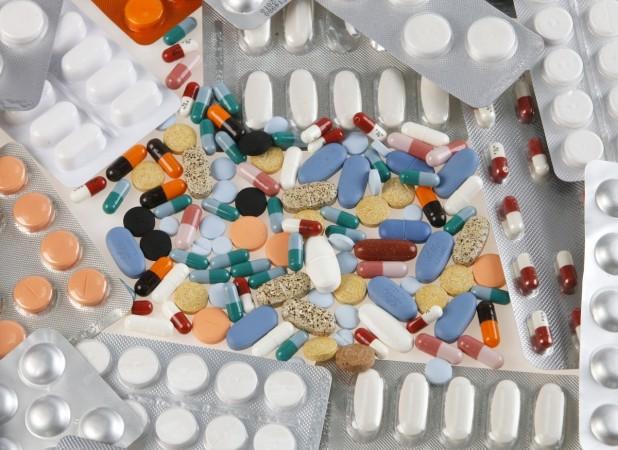
International humanitarian medical organisation Médecins Sans Frontières (MSF) sounded alarm on Wednesday that the discussions to be held during the Regional Comprehensive Economic Partnership (RCEP) from April 24 in Perth, Australia, could restrict the access of affordable medicines from India to millions of people across the world.
India, which is the world's largest supplier of affordable generic drugs, would also be a part of the trade negotiations along with China, Japan, Australia, New Zealand, South Korea and 10 Association of Southeast Asian Nations (ASEAN) countries (Brunei, Cambodia, Indonesia, Malaysia, Myanmar, Singapore, Thailand, the Philippines, Laos and Vietnam).
The RCEP is a multilateral trade agreement that covers goods, services, investments, economic and technical cooperation, competition and intellectual property rights, according to Money Control.
The MSF, while quoting a leaked chapter that will be discussed by the countries as a part of the RCEP, said that two member countries, Japan and South Korea, have made proposals to make intellectual property (IP) stricter than what is required under international trade rules, thusundermining access to affordable generic medicines.
The chapter on IP protection was released by a U.S-based NGO, Knowledge Ecology International (KEI).
Some of the provisions in the proposed IP measures are data exclusivity, extended patent terms and IP data enforcement without the safeguards needed to prevent abuse and protect access to medicines, the MSF said.
It further said that data exclusivity would act like a patent to block the entry of more affordable generic medicines to the market, even for drugs that are already off patent, or do not deserve a patent to begin with.
"Proposals in the RCEP negotiations are trying to introduce the IP measures far tougher on access to medicines than what is required under international trade rules," said Leena Menghaney, South Asia head of MSF's Access Campaign.
The MSF said that the measures could harm the access to affordable medicines, especially when India is a part of the RCEP negotiations.
India — often known as the "pharmacy of the developing world" for its wide-scale production of generic medicines — supplies life-saving affordable medicines needed to treat communicable and non-communicable diseases in developing countries. Two thirds of all the drugs MSF purchases to treat HIV, TB and malaria are generic medicines from India, an official statement said.
Menghaney said that if the proposals made by the member countries on IP protection are accepted, people in countries like Indonesia, Thailand, Myanmar, Cambodia and Laos (that are a part of the agreement) and elsewhere in the world would not get life-saving affordable generic medicines from India.
The MSF said that India would be under immense pressure in Perth, even if the country has withstood its ground during the trade negotiations in the past and not supported tougher IP proposals as extended patent terms and data exclusivity.
"Many of the IP provisions that have been tabled for RCEP, are those in the Trans-Pacific Partnership (TPP) agreement, which is considered the worst trade deal ever for access to medicines," said Brian Davies, East Asia head for MSF's Access Campaign.
He said the countries, including India and those in ASEAN, that did not join the TPP will be pushed to adopt similar standards in the RCEP negotiations.
"If the measures in this agreement prevent people from getting the generic medicines they need, the health consequences for any delay or interruption of treatment for many diseases, like HIV, could be serious," said Greg Elder, medical coordinator for MSF's Access Campaign.
He said that 97 percent of the HIV medicines MSF uses to treat 230,000 patients around the world are generics sourced from India.
"The reality is, without generic medicines, we wouldn't be able to treat as many people as we do. We urge Indian and ASEAN negotiators to ensure terms of any trade agreement reached do not impede the supply of generic medicines upon which we and so many people in developing countries rely," he added.
MSF had said in March, ahead of the EU-India summit, that Modi should not succumb to pressure from the EU over IPR issues, which could potentially block the access of millions of people globally to cheap medicines.









